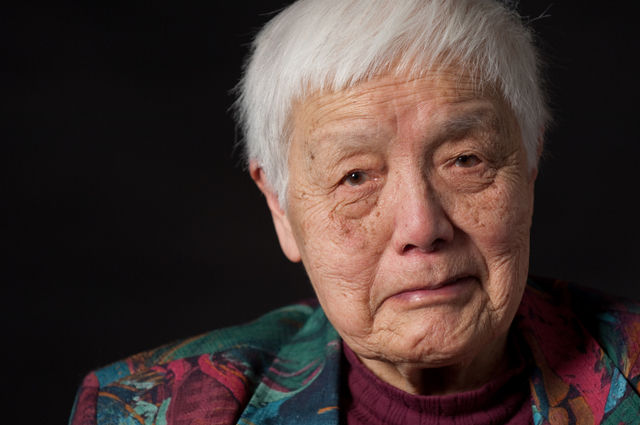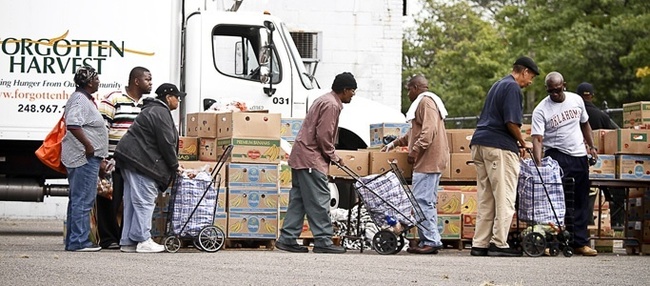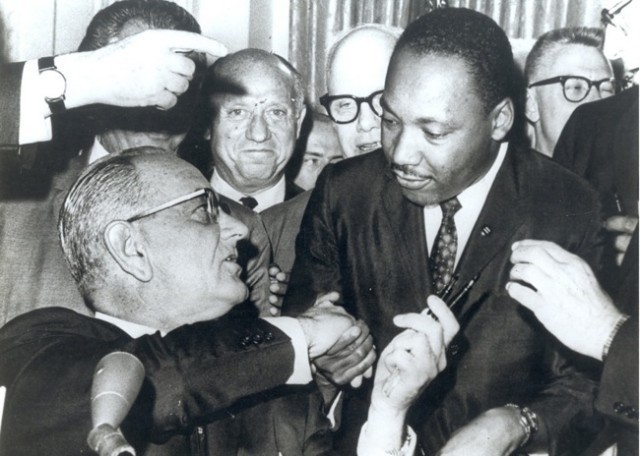A lifetime of activism – Grace Lee Boggs

I was able to visit with Grace Lee Boggs this week at her home in Detroit, along with several of her fellow activists involved in the project of re-envisioning urban America.
Dr. Boggs is a truly exceptional American. She has been steadfast throughout a life of activism in support of equality and freedom for all Americans. She has been an anti-racism activist since the 1940s, and she has been tireless in support of economic opportunity and economic equality for the powerless in industrial America. And now, at the age of 99, she is devoting her thinking and speaking to the task of helping urban Americans create more satisfying lives for themselves outside the casual cruelties of contemporary capitalism. For her and her fellow activists it is a question of “reimagining the American dream” (NAR 10). The James and Grace Lee Boggs Center to Nurture Community Leadership (Boggs Center) is a...


